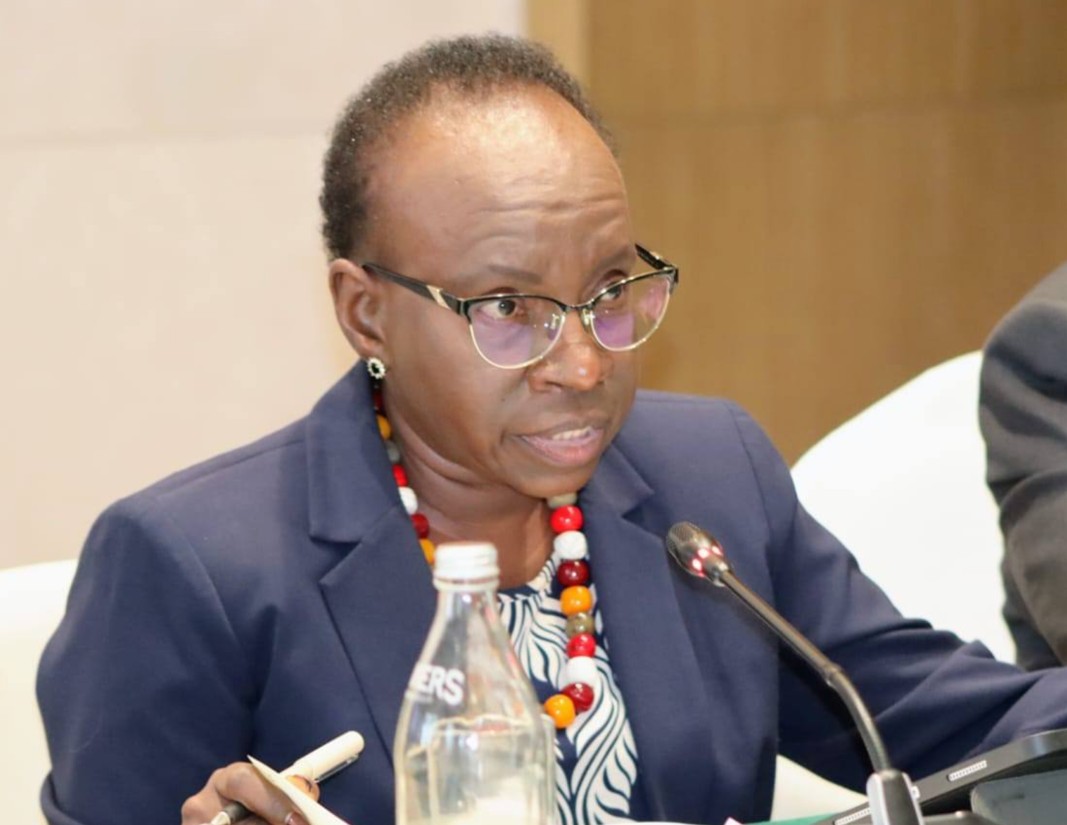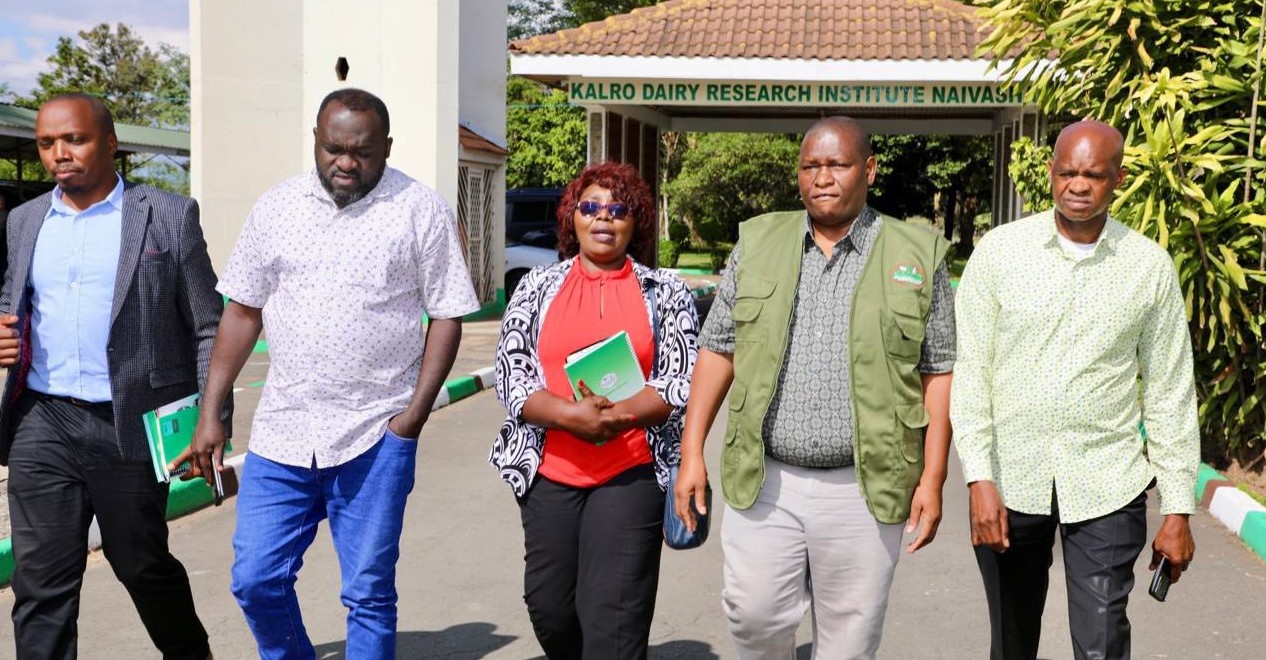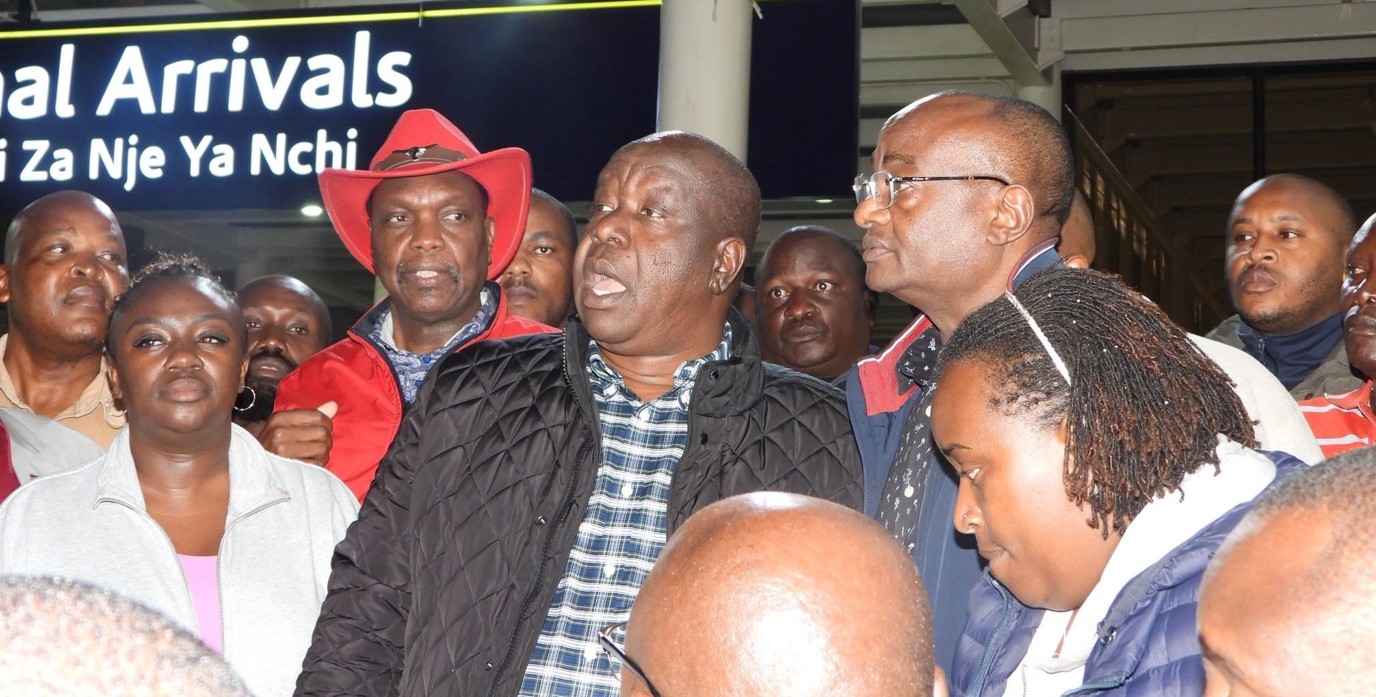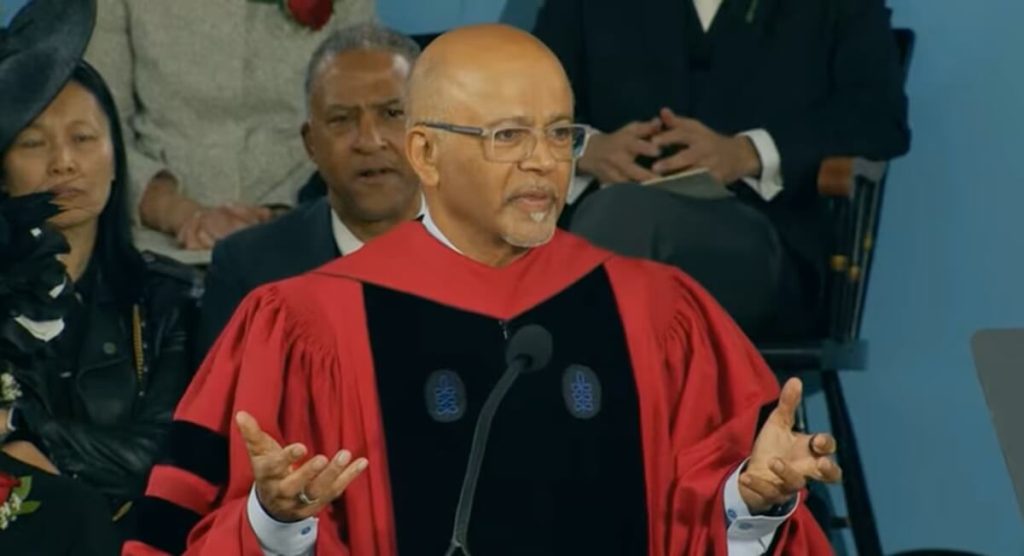MPs slam KNBS, KIPPRA for wasting Sh300 million annually on rent while govt buildings lie idle

KNBS also incurred an additional Sh5.4 million in rent and rates expenses during the same period, up from Sh3.2 million in the previous financial year.
The Kenya National Bureau of Statistics (KNBS) and the Kenya Institute of Public Policy and Analysis (KIPPRA) have been put on the spot for spending more than Sh300 million on rent each year, even as government-owned office buildings remain idle.
Members of Parliament have condemned the expenditure as wasteful and unsustainable, directing the National Treasury to develop a comprehensive policy framework by December 31 to regulate rent spending across ministries and State agencies while prioritising the use of existing government space.
More To Read
- KRA yet to refund Sh904.9 million to NSSF nearly 30 years later, Auditor General reveals
- No evidence to support Sh6 billion Hustler Fund write-off, Auditor General tells MPs
- KUTRRH officials grilled over Sh1.29bn budget overrun, obsolete PPEs and soaring debts
- Treasury blocks push to grant Auditor General budget autonomy
- Higher Education department blows Sh2 million on overpriced laptops and iPad, audit reveals
- Wasted billions: Auditor-General raises alarm over Sh304bn unused in key government projects
The National Assembly's Finance and National Planning Committee flagged the two semi-autonomous government agencies for incurring high rental costs despite holding unutilised funds that could be redirected towards acquiring or constructing permanent premises.
“The committee observed that semi-autonomous government agencies (SAGAs) such as KIPPRA and KNBS, under the State Department for Economic Planning, collectively spend over Sh300 million annually on rental expenses,” the Budget and Appropriations Committee noted in a report that cited the findings of the Finance and National Planning Committee.
The report further revealed that KNBS was the largest spender, paying Sh125.1 million in rent for its headquarters in the year ending June 2023. The statistics agency occupies office space at Real Towers in Upper Hill under a lease agreement with Royal Ngao Holdings Limited. The agreement includes a biennial rent review to align with prevailing market rates.
KNBS also incurred an additional Sh5.4 million in rent and rates expenses during the same period, up from Sh3.2 million in the previous financial year. The agency’s continued high spending on rent comes amid concerns about its deteriorating financial position.
According to Auditor General Nancy Gathungu, KNBS has been operating at a deficit and using up its financial reserves.
“The statement of financial performance reflects a deficit before remission to the National Treasury of Sh350.3 million, resulting in a decrease in revenue reserve over the last five years to Sh1.3 billion from Sh8.7 billion,” Gathungu said.
“Although management has indicated it has resources to continue its business for the foreseeable future, if strategies are not put in place to reverse the trend, the bureau is likely to face financial challenges in the future.”
KIPPRA, which operates from Bishop Garden Towers in Upper Hill, spent Sh3.8 million on rent in the 2023/24 fiscal year. The agency has previously attempted to construct its own headquarters but has faced setbacks due to land allocation issues.
Initially, KIPPRA had identified 2.57 hectares in Upper Kabete valued at Sh250 million for the project. However, the National Land Commission halted the initiative after the Director of Veterinary Services stated that the parcel was hived off from veterinary land.
As of June last year, KIPPRA had not been allocated an alternative plot for its planned development.
Despite their heavy rent expenditure, both agencies continue to receive substantial funding from the Exchequer. In the 2022/23 financial year, KNBS was allocated Sh1.3 billion, while KIPPRA received Sh527.9 million for the 2023/24 fiscal cycle.
Parliament now wants the Treasury to establish clear guidelines on office rent and enforce a policy that compels government departments and agencies to utilise vacant public office spaces before seeking leased premises.
Top Stories Today












































